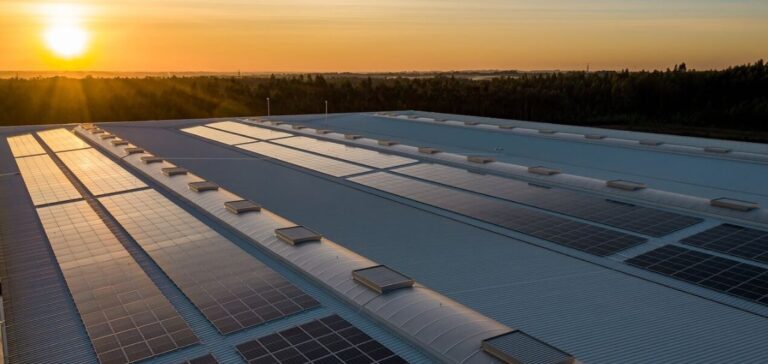Brazil’s energy sector is undergoing a major transformation, aiming to integrate 115 GW of new capacity by 2034.
This expansion program is being driven primarily by the growth of renewable energies, particularly solar and onshore wind power.
The growing free energy market plays a central role in this dynamic, stimulating significant investment in these technologies.
According to Wood Mackenzie, Brazil is set to install 61 GW of solar capacity, split between utility-scale projects and distributed generation, as well as 24 GW of new wind power capacity.
Regulatory developments, notably Law 14.300, have fostered competitiveness between these segments.
However, adjustments planned from 2028 onwards could alter current trends, with greater focus on utility-scale solar projects as the market becomes more structured.
Impact of regulations on sector growth
The regulatory changes brought about by Law 14.300, which introduces a new compensation regime for distributed generation, have catalyzed the development of solar power.
However, the expanded access to the free market for residential consumers scheduled for 2028 could slow down this segment in favor of utility projects, offering new prospects for investors. Hydropower, the historical pillar of Brazil’s energy mix, will continue to play a crucial role.
However, projections indicate that solar and wind power will account for the majority of new installations by 2050.
This shift towards renewables requires technological adaptations to ensure grid stability, particularly in the face of variability in solar and wind production.
Technological and financial challenges for the power grid
The massive integration of renewable energies into the Brazilian energy mix poses significant challenges for power grid management.
The intrinsic variability of these energy sources requires rapid dispatch technology solutions to respond effectively to fluctuations in demand.
Natural gas remains an essential component in ensuring system flexibility, especially during periods of low solar production.
The sector is also anticipating increased volatility in electricity prices, with projections indicating that hourly prices could exceed USD 100/MWh in more than 20% of cases by 2030.
This is partly due to the revision of Power Purchase Agreements (PPAs), with prices indexed to liquefied natural gas (LNG) benchmarks.
Operators will thus have to navigate between rising energy costs and the integration of new capacity to maintain grid reliability.
The strategic choices made by industry players will be decisive in shaping Brazil’s energy future, with particular attention to the balance between renewable energies and grid flexibility.






















